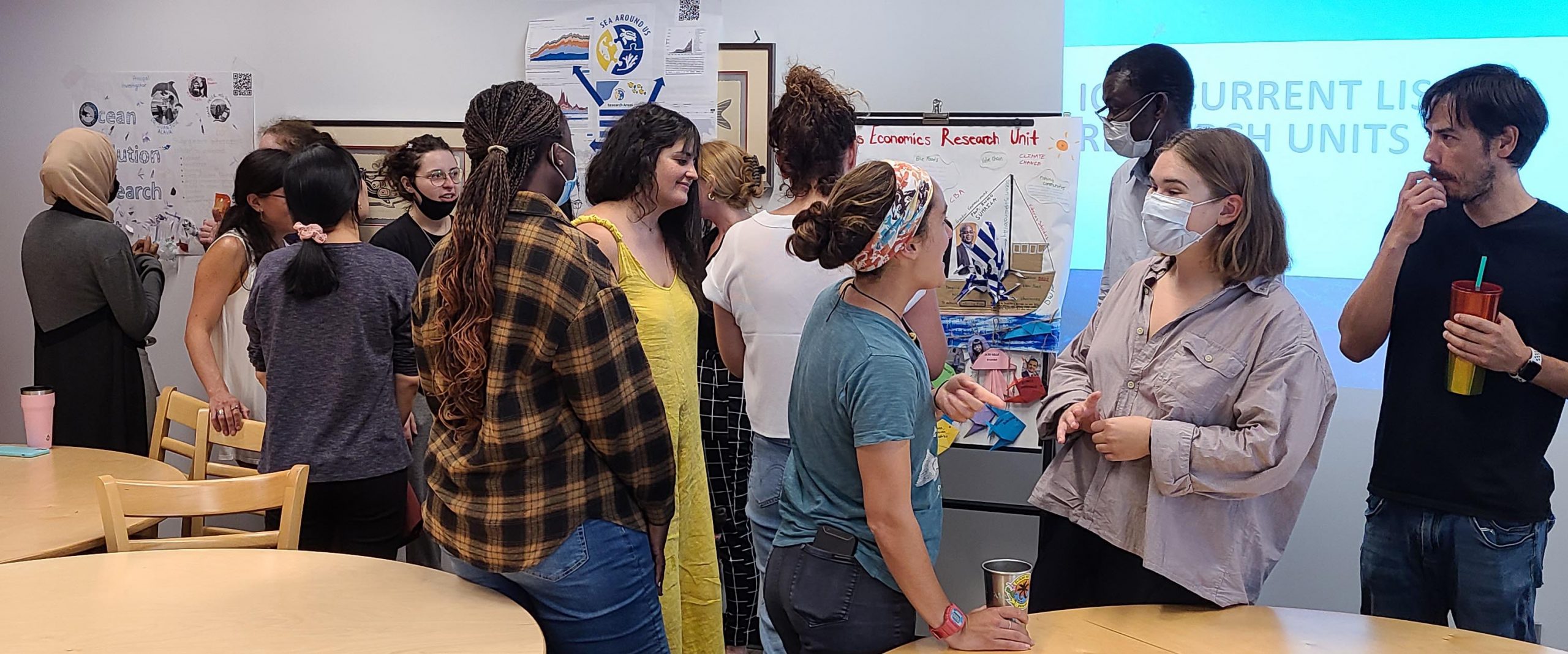
The Institute for the Oceans and Fisheries is committed to the principles of Respect, Equity, Diversity, and Inclusion. We strive to cultivate a community where everyone, regardless of their background, identity, or abilities, feels valued and empowered to succeed. We embrace diverse perspectives and aim to eliminate barriers that hinder equitable opportunities for education, engagement, and advancement. Our dedication to REDI permeates all that we do at the IOF, driving positive change and shaping a brighter, more inclusive future for our students, researchers, faculty, staff, and society at large.